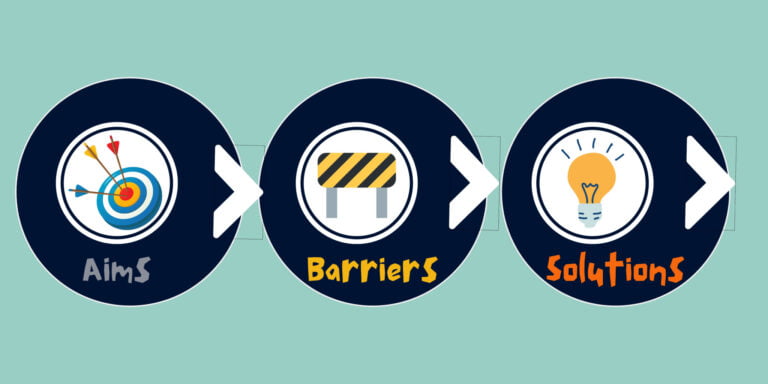 Having just come back to work after maternity, I’ve found myself assessing the benefits of working… at all!
Having just come back to work after maternity, I’ve found myself assessing the benefits of working… at all!
Dramatic, I know! It may seem like a straightforward decision; to work or not to work. But the associated issues around returning to work are a challenge for me, and for my employer.
From my point of view, my considerations include things like…
‘I like my job. It makes me feel valued and challenges me.’
‘It’s good for me to have a break from the twins, and vice versa!’
‘We need the money with childcare costs and extra mouths to feed.’ (Very topical at the moment, I know!)
On the other hand…
‘Is it a bad thing to be a full-time mum?’
‘Will the pressures on my family be less if I am at home with the boys?’
‘I’ll save lots of money by not sending them to nursery.’
Questions, questions!
However, what about the other side of the situation? The employer. (Oh yeah! That’s a point isn’t it!)
‘How does the employer feel about my coming back?’
‘How will my colleagues react to my return, especially as I have gone from working full-time to part-time?’
Luckily for me, Enact is a great company, that’s supportive, and my colleagues are fantastic, too. But for many parents being a member of the part-time labour force can mean missing out on promotions. Part-time workers in general account for a minority of top level jobs; around 6.6 per cent of chief executives and senior officials. Other career opportunities, training activities and even invites to the Friday-night-social can also have a tendency to pass part-time workers by.
There are 6.7m part-time workers in the UK. So how can employers ensure that these workers are treated with equality and made to feel included? How do companies ensure unconscious bias does not get in the way when making decisions about them? With the majority of part time workers still being women, there is also the consideration of gender discrimination. Also, it’s not an easy thing ensuring staff are supported fully when returning to work and that achieving ‘work-life balance’ is a practice in the organisation rather than just a catchphrase.
With flexible working and part-time hours becoming an increasingly popular choice for employers managing tight budgets, as well as for employees looking for work to fit around home life, I guess these are issues and challenges that face lots of people and organisations.



